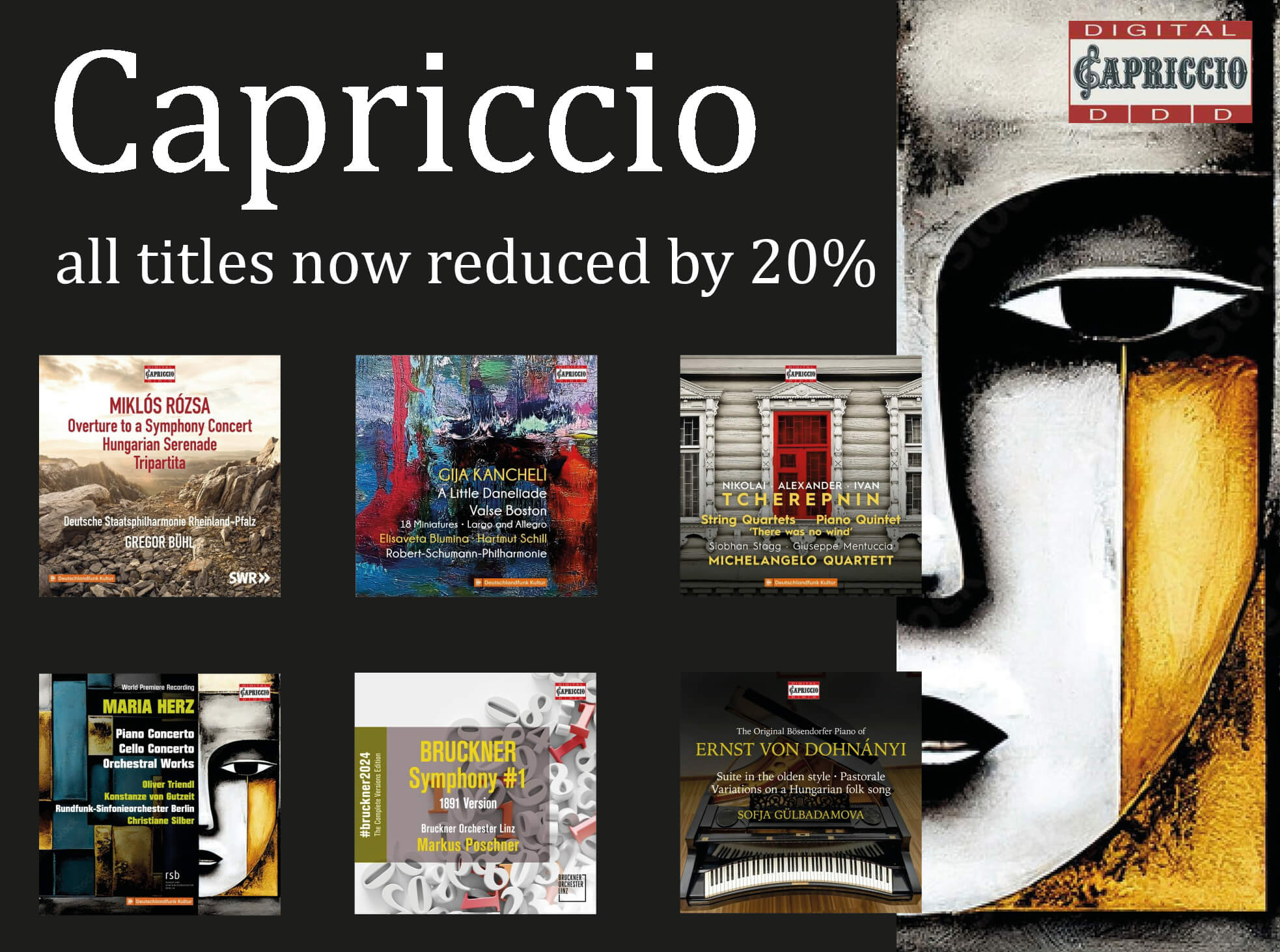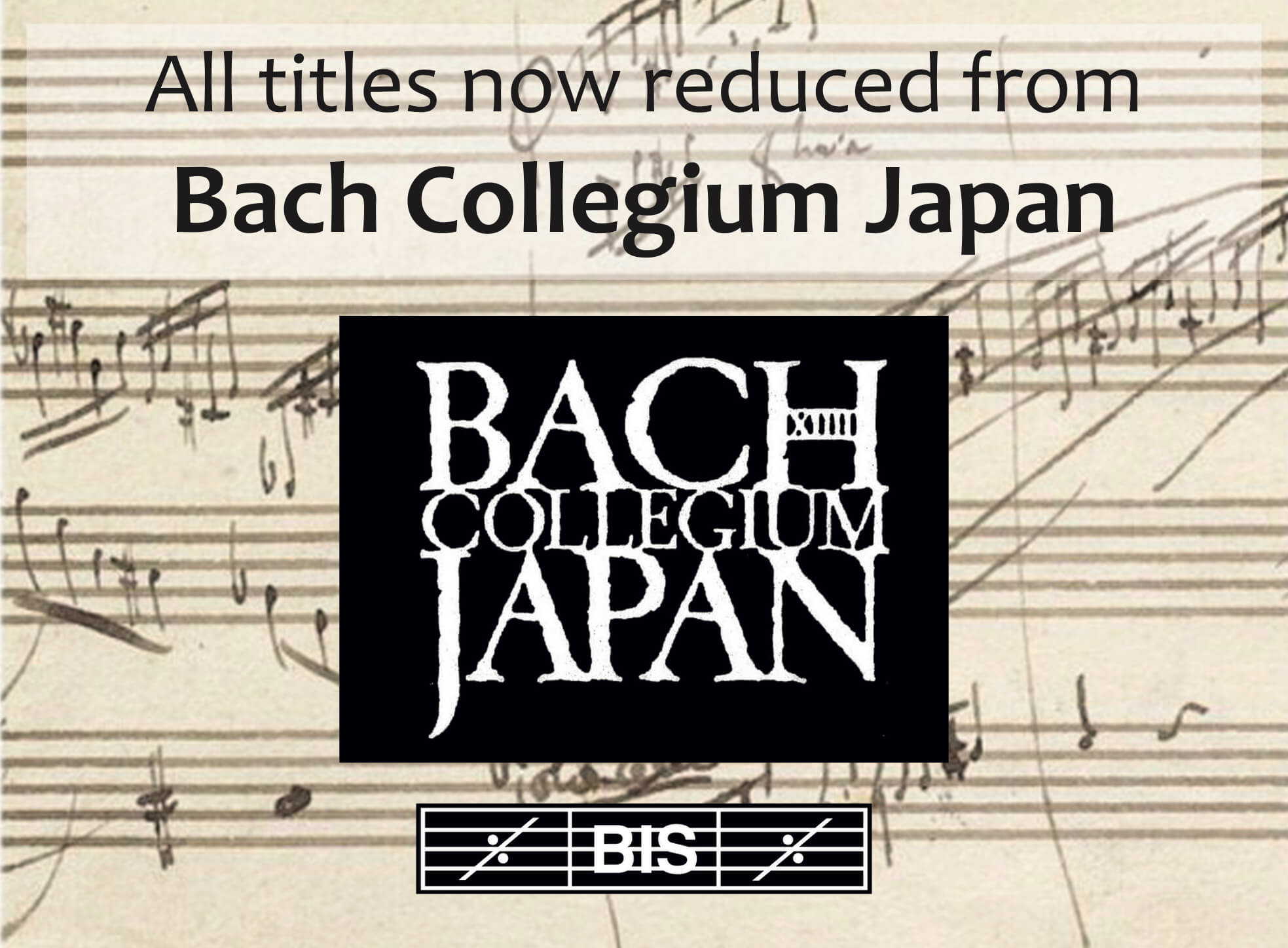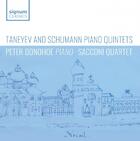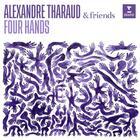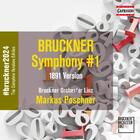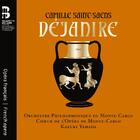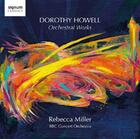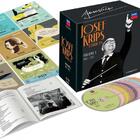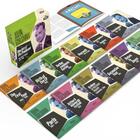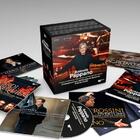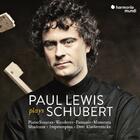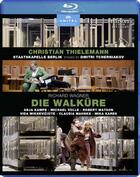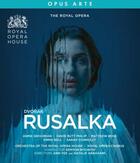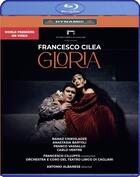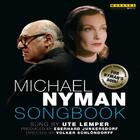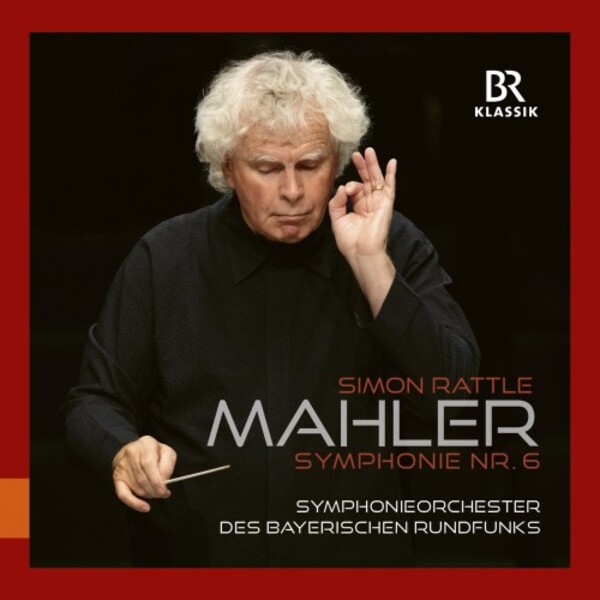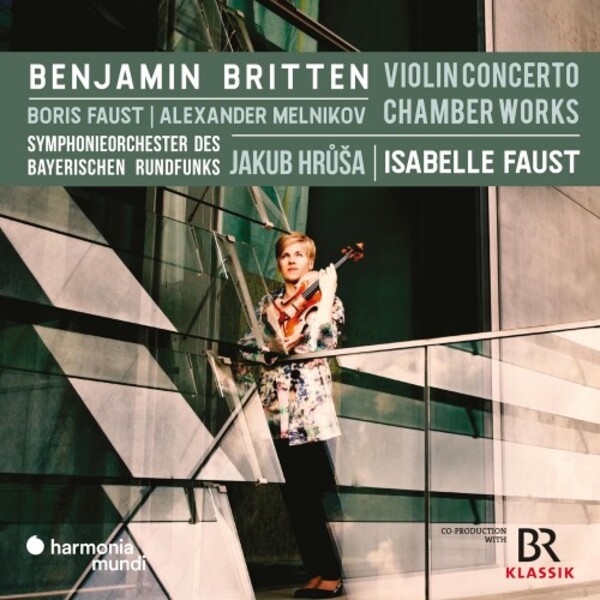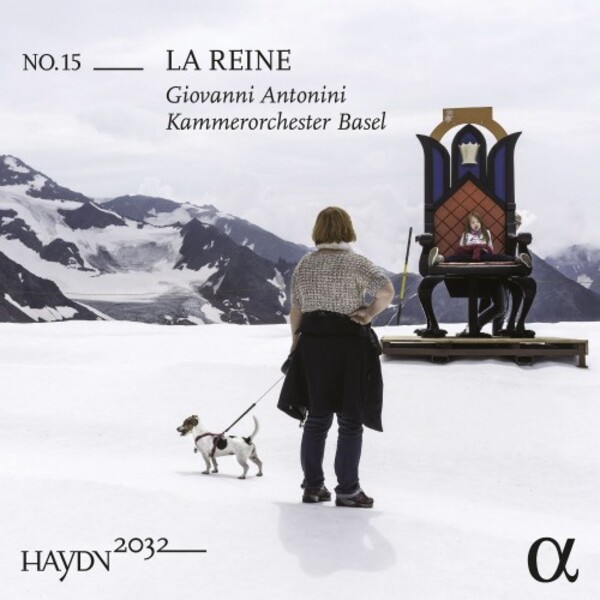
The Europadisc Review
Haydn 2032 Vol.15: La Reine
Giovanni Antonini, Kammerorchester Basel
£12.69
Having started its journey with the ‘middle period’ Sturm und Drang works, Giovanni Antonini’s ambitious non-chronological project to record all 107 of Haydn’s symphonies in time for the composer’s tercentenary in 2032 is now taking in more of the later works where – for many listeners – the chief glories lie. As ever, however, Antonini brings together works from different periods, more or less linked by a common thread. Here – not for the first time in the series – there’s a regal link. The ‘title’ work is Symphony no.85 in B flat major (1785/86), the fourth of the six ‘Paris’ Symphonies which Haydn composed to a commission from Paris’s Maso... read more
Having started its journey with the ‘middle period’ Sturm und Drang works, Giovanni Antonini’s ambitious non-chronological project to record all 107 of Haydn’s symphonies in time for the composer’s tercentenary in 2032 is now taking in more of the later works where – for many listeners – the chief g... read more
Haydn 2032 Vol.15: La Reine

Giovanni Antonini, Kammerorchester Basel
The Spin Doctor Europadisc's Weekly Column

Remembering Sir Andrew Davis 24th April 2024
24th April 2024
The death at the age of 80 of the conductor Sir Andrew Davis has robbed British music of one of its most ardent champions. Since the announcement of his death this weekend, numerous headlines have linked him with his many appearances at the helm of the BBC’s Last Night of the Proms, occasions which were enlivened by his lightly-worn bonhomie and mischievous wit. The Last Night, with its succession of patriotic favourites, was something that came naturally to Davis, as did an easy rapport with both his fellow musicians and the audience – something that can’t be said so emphatically about some other conductors who have graced the event. Yet there was very much more to him than Last Nights alone.
Born on 2 February 1944 in Ashridge, Hertfordshire, Davis had piano lessons from the age of five, studied Classics at school (an abiding interest), and found work as a teenager... read more
 FREE UK SHIPPING OVER £30!
FREE UK SHIPPING OVER £30!